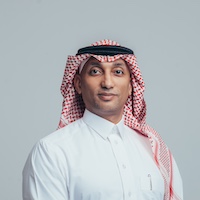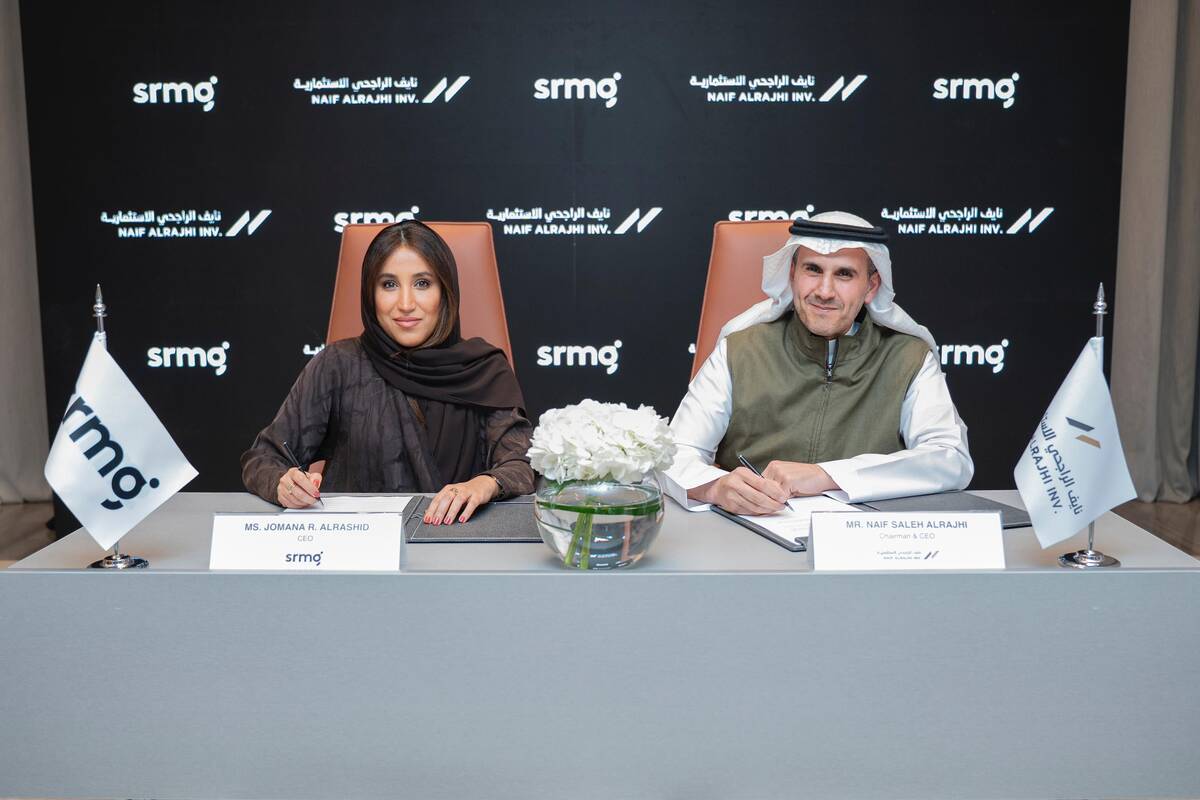DUBAI: Advertising and marketing network Publicis Groupe appointed Adel Baraja as CEO of Publicis Communications Saudi Arabia in late February as part of its efforts to strengthen its presence in the Kingdom.
Publicis Communications is the creative communications arm of the network housing agencies such as Leo Burnett and Saatchi & Saatchi.
The appointment reinforced Publicis Groupe Middle East’s commitment to accelerating growth within Saudi Arabia while enhancing collaboration and expanding capabilities to deliver transformative work for clients.
 Baraja brought with him 22 years of global advertising and brand-building experience.
Baraja brought with him 22 years of global advertising and brand-building experience.
He had started his professional life in engineering before realizing it was not for him.
He told Arab News: “I wanted to be with clients and that’s when I took my first pivot toward client management (and) sales, and I found my calling in marketing.”
He spent his early days working across advertising agencies in Germany, Spain, and Portugal, before returning to Saudi Arabia where he first interacted with Publicis Groupe. At the time he was hoping to find a job at Leo Burnett, but turned out to be a better fit for one of its clients, Saudi Telecom Company.
He then took a break from advertising agencies to work across industries in companies like Dow Chemical and Volkswagen.
And then, he said, came a “critical moment” in his career.
He added: “I never considered (working in) government before, but six months prior Vision 2030 was introduced, and that was everything.
“It was a meticulous plan — a road map towards something that I had never experienced or seen before. So, I got my first role in government in 2017.”
He led the newly established promotion and nation-branding sector at the Saudi Export Development Authority, growing the Saudi Made portfolio of companies from 20 to more than 2,000 companies during his tenure.
He also held the position of deputy minister of investment promotion at the Ministry of Investment before joining Publicis Groupe Middle East.
Communications had always been a “savvy topic” in the Kingdom, but it was heavily focused on and driven by the private sector, he said.
Vision 2030 changed it all, and “the government sector became a big spender in the communication sector and a driver to creativity,” he added.
With these changes, the demand for local talent is higher now than ever before, and fostering that talent is a strong priority for Baraja and Publicis Groupe.
Baraja is tasked with overseeing the integrated growth strategy of Publicis Communications in his new role, as well as working with educational institutions to empower Saudi youth for careers in advertising, media, and digital marketing.
He said that Bassel Kakish, CEO at Publicis Groupe Middle East and Turkiye, told him that the company needs to be developing and fostering local talent, hiring more locally, and ensuring gender equality, training more women in the advertising and creative industries.
Baraja said: “We are competing against other industries to get that share of talent, so we need to promote our industry and our company.”
Looking ahead, the company is investing in the future, which means increased focus on technology through acquisitions such as that of tech company Epsilon in 2020 and e-commerce company Corra in 2023.
Publicis last year announced the acquisition of a full stake in Publicis Sapient AI Labs, an artificial intelligence research and development joint venture launched in 2020 which aims to strengthen Publicis Sapient’s data and AI capabilities.
Baraja added: “That kind of investment shows the focus toward the future and the transformation of the business.”
There is a lot of discussion around AI replacing marketing and agencies, he said, but he believes: “We are well equipped to address this challenge and to prove that we can deliver even better communications, and better and well-designed campaigns and media performances.”





























